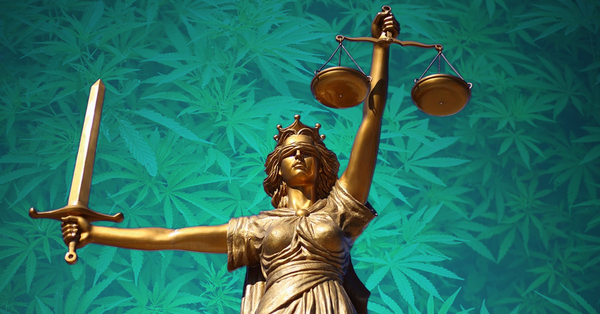Cannabis control and the right to privacy
In 2018 the highest courts in countries across three continents have asserted that state intervention in the private life of their citizens who wish to (grow and) use cannabis is not always justified.
Georgia
In Georgia, on 30 July, the Constitutional Court decided that punishment of use of cannabis in private without a doctor’s prescription was in breach of Article 12 of the Constitution, which states ‘Everyone has the right to the free development of their personality’. The court found that the aims of protecting public health or public security could not justify state punishment of cannabis use in private. Penalising cultivation and possession for personal use were not contested in this case, and therefore not considered.
South Africa
In South Africa, on 18 September, 10 judges of the Constitutional Court ruled that it was not reasonable to penalise an adult who cultivates, or uses, or possesses cannabis for personal consumption in private. The laws were incompatible with Article 14 of the Constitution, which states that ‘Everyone has the right to privacy which includes the right not to have […] their possessions seized’.
Mexico
In Mexico, on 31 October, the Supreme Court gave its fifth judgement since 2015 stating that penalising private cultivation, possession and use of cannabis (and tetrahydrocannabinol) was unconstitutional, against the principle of free development of the personality. Other courts are obliged to follow Supreme Court judgements once five similar rulings have been delivered.
All three courts emphasised that any private use of cannabis should not be in the presence of children. The courts also commented on trends in international developments in cannabis policy and use. The Georgian court noted the increasing application of human rights law in modern legal standards, and the South African court ruled that such state interference is not justified ‘in open and democratic societies’.
In the 1988 UN Convention against trafficking, Article 3(2) states that a country should criminalise possession and cultivation for personal use ‘subject to its constitutional principles’. The court in Mexico stated that it upheld the constitutional principle of free development of personality and considered it was still in line with the Convention.
The European Convention on Human Rights, Article 8(1), states that ‘Everyone has the right to respect for his private and family life, his home and his correspondence’, with limits, and the ‘private life’ has been interpreted to include the right to develop one’s own personality.
